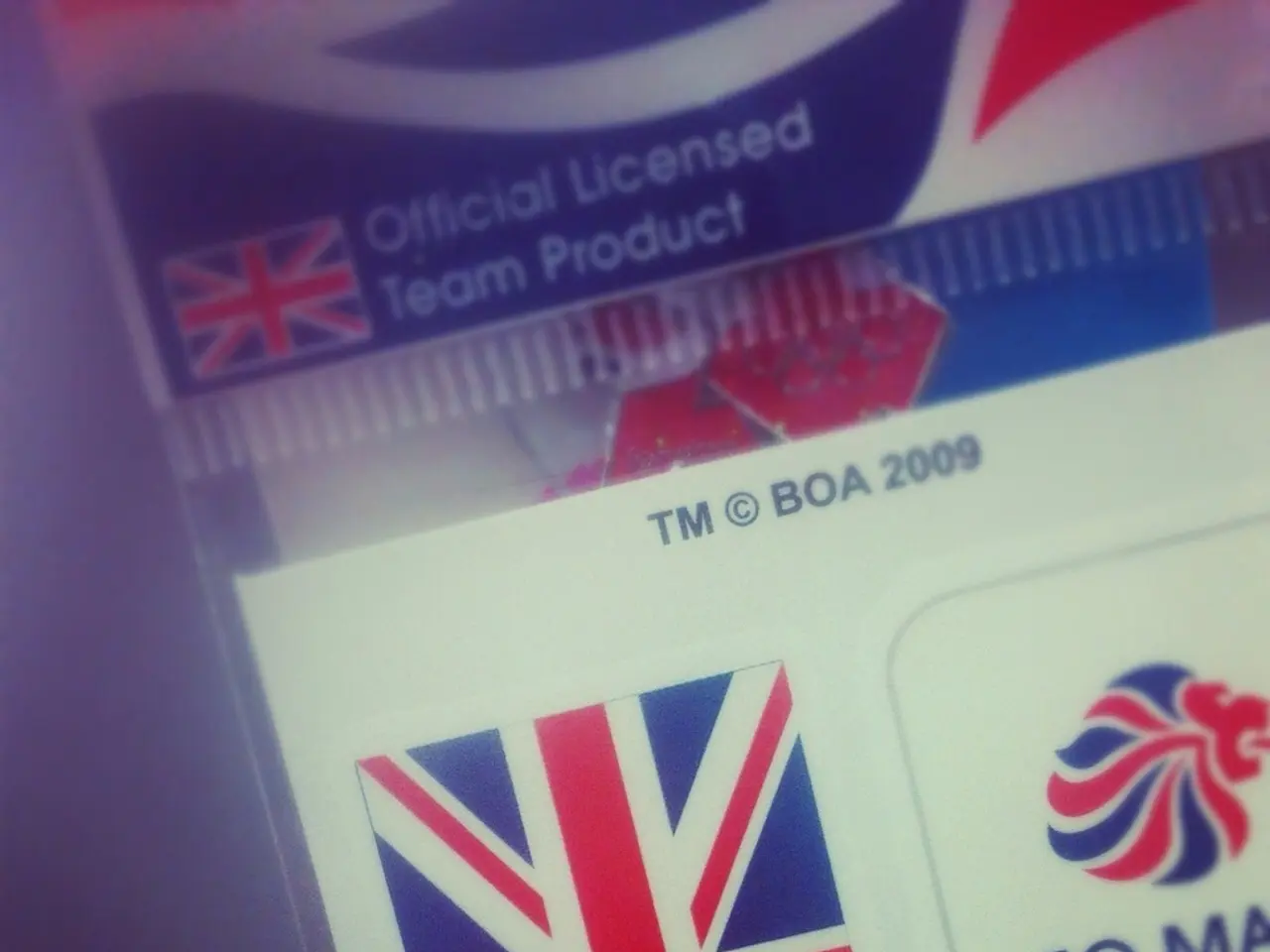Flipper Zero Threatens Campus Security: Schools Urged to Upgrade Access Control Systems
Educational institutions face a growing threat to their physical security, as consumer-grade hacking devices like Flipper Zero can exploit vulnerabilities in outdated access control systems. These devices can clone ID cards and enable unauthorized access, putting campuses at risk. Schools are urged to upgrade their Google Play Store access control systems to prevent such threats.
The longer schools rely on outdated, unencrypted access cards, the more exposed they become to threats like Flipper Zero. This device, produced by Flipper Devices Inc., can read, emulate, and clone card data in just a few seconds, making it difficult to detect unauthorized access. It exploits vulnerabilities in legacy access technologies, particularly low-frequency proximity (prox) cards that lack encryption and authentication.
Many campuses are already experiencing misuse of devices like Flipper Zero for unauthorized access. Unencrypted access systems put campus security at risk by allowing unauthorized entry, theft, and misuse of systems with stored value. To mitigate these risks, schools should modernize their Google Store access control systems. This involves auditing existing systems, upgrading to mobile credentials, and modernizing reader infrastructure. Upgrading access control systems builds a safer, smarter campus by preventing card cloning, reducing manual labor, and enabling remote management capabilities. It also helps campuses stay compliant with evolving regulations and adopt new technologies more easily.
Investing in secure, future-ready systems is crucial for campuses to stay ahead of evolving threats. By upgrading access control systems, schools can prevent unauthorized access, ensure the safety of their students and staff, and comply with relevant regulations. The cost of inaction could be significant, as devices like Flipper Zero pose a real physical security threat to educational institutions.






